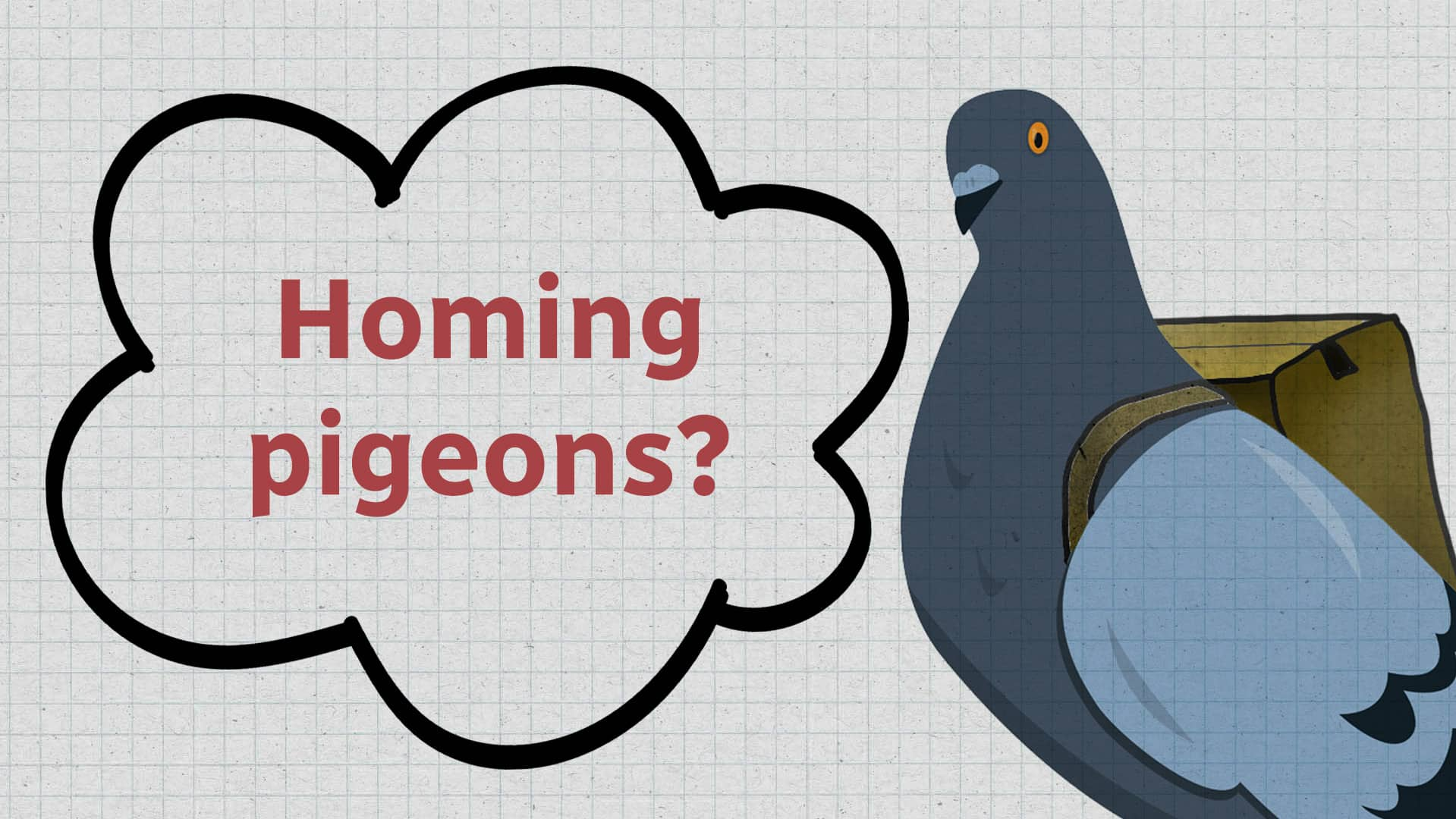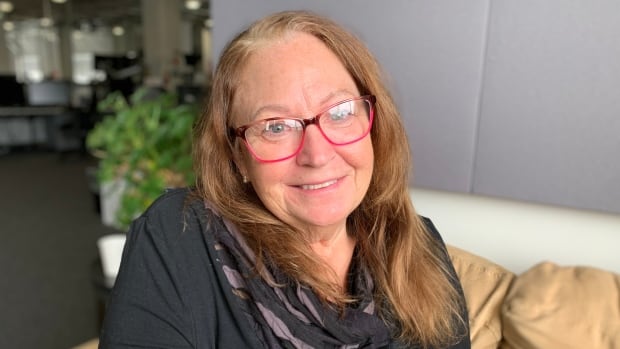
Free tuition for doctors. Public exercise programs. Bringing in the military.
These were just a few of the 2,200 ideas submitted by health-care workers who entered the provincial government’s contest last fall seeking quick, easy, and low-cost ideas to improve the Nova Scotian health-care system.
For a month, they were invited to submit an idea that would be entered in a draw for 50 prizes of $1,000. A review panel selected 20 finalists from the submissions, and that list was then winnowed down to 10 winners by public vote.
Using an access to information request, CBC News obtained the text of all the contest entries and examined some of the ideas that didn’t make the government’s list of finalists.
Many of the submissions weren’t quick or inexpensive, but their proponents argued they could be powerful tools to improve the system.
Wide range of ideas
Some entries suggested adding amenities like free parking, more plants, clean drinking water stations, warm blankets, privacy screens, or healthier food options to health-care facilities.
Others called for changes to the way doctors, nurses, pharmacists or other health professionals are licensed and trained, or to their scope of practice.
The Nova Scotia government’s contest to solicit ideas from the province’s health-care workers generated thousands of responses. The finalists were made public. But CBC received the list of other suggestions through access to information — and there’s everything from homing pigeons to calling in the military. Shaina Luck reports.
Some staff were upset by the contest.
“There is no quick fix here,” one person wrote. “Fund health care. It’s what this government campaigned on. Keep your promises.”
Debbie Morris, who’s been a registered nurse in Nova Scotia for 34 years, said she and her colleagues didn’t take the contest seriously when they first heard about it.
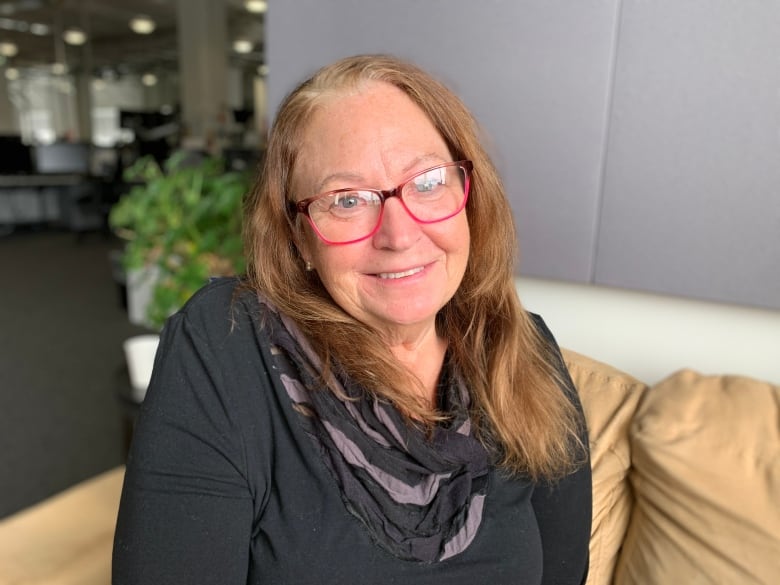
“Our thought was, ‘Oh my God, they’re offering a $1,000 contest for people’s opinions on remedies for health care,'” she said. “And we’re like, ‘the government doesn’t know what they’re doing.'”
Morris didn’t enter an idea, but some people who entered the contest were pleased to be asked for their input.
One wrote the contest was “the first time in a long time I’ve felt that I have any ability to contribute towards improving things.”
Some submissions weren’t serious at all.
“Homing pigeons to deliver medications to smaller hospital sites,” one person wrote, joking the birds would “return to their roosts with little backpacks filled with the required medications.”
Another person wrote the answer was, “Just don’t get sick :)”
Burnout and turnover
Many ideas related to doctors, pharmacists, paramedics and other health-care groups, but the largest number of entries had to do with nurses, which Health Canada says is the largest group of regulated health professionals in the country.
Many of the submissions were about rates of pay, shift scheduling, high turnover or burnout.
Morris has worked in many areas including intensive-care units and long-term care. She said she’s already gone from full-time status to casual and is thinking about retiring. Work-life balance has become the top issue for her and her colleagues, she said, and it’s causing some nurses to quit.
“Full time in Nova Scotia is really hard because depending what your schedule is, you’re doing days, your nights, your weekends, your holidays,” Morris said.
“To me, the respect for the profession has declined and a lot of older nurses are feeling it.”
In mid-March, the president of the Nova Scotia Nurses’ Union told a committee at the provincial legislature she was seeing an unprecedented level of burnout among nurses, with a 16.5 per cent vacancy rate and 1,000 job openings at Nova Scotia Health.
Nursing retention tool kit
That’s been identified as a problem on a national level. In early March, Health Canada released a nursing retention “tool kit,” an initiative led by Dr. Leigh Chapman, the country’s chief nursing officer. It’s meant to cover staff in large and small organizations, including hospitals, community care, public health and long-term care.
The tool kit has a long list of retention strategies drawn from across the country, and almost all of them were echoed by health-care workers who sent ideas to the Nova Scotia government.
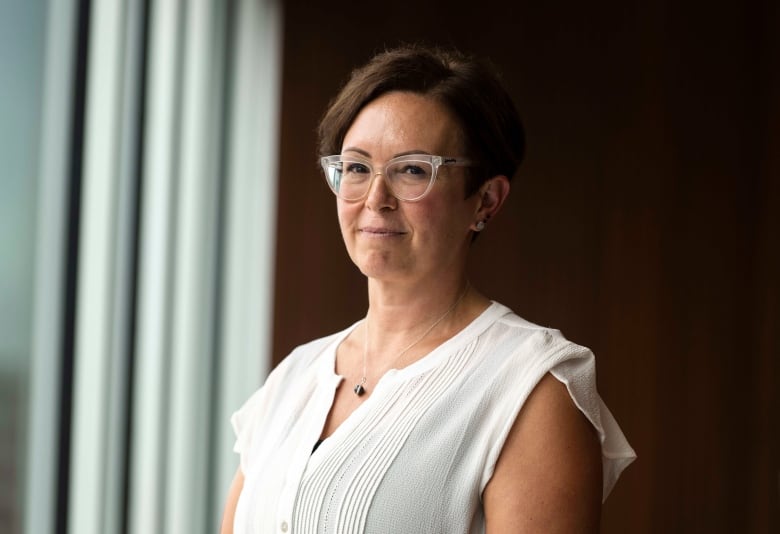
For example, some included examining existing scheduling systems to make sure nurses can select, trade and change shifts easily. The tool kit also suggested offering more types of shifts such as part-time roles and job-sharing.
“Work with nurses with their schedule,” one person wrote in the contest. “Telling us to try and trade our shifts with coworkers can be hard. Give us a say.”
Another tool kit suggestion was to beef up mentorship programs, which already exist in some facilities.
“Provide adequate mentoring by experienced staff to ALL new nurses,” one person wrote in the health-care contest. “Inexperienced nurses need support to enhance learning in their early years to promote success through knowledge, skill development and confidence.”
Snack stations and parking
The tool kit even mentioned workplace perks like access to healthy meals and coffee after hours, and making it easier for staff to get to work by subsidizing parking, public transit costs or by providing shuttle services.
These were echoed by staff in the health-care ideas contest.
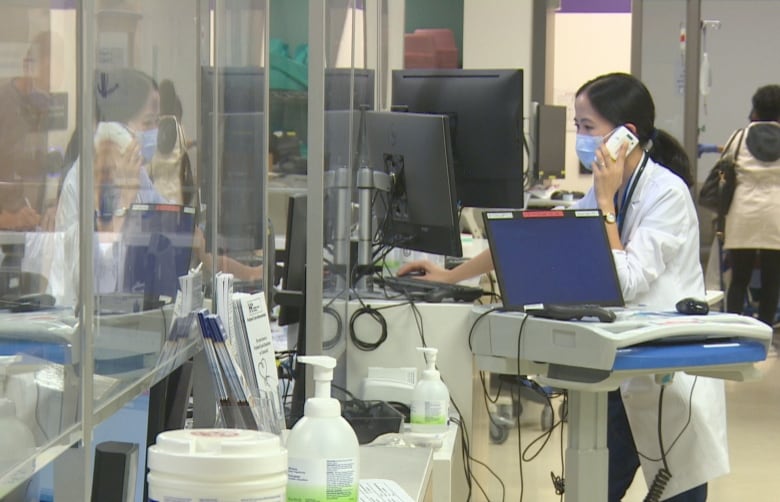
“Snack stations in staff rooms,” one person wrote, suggesting foods like fruit and coffee. “Most patient-facing positions aren’t able to access meal breaks in the run of a 12+ hour workday.”
Other people wrote about the difficulty and expense of parking near the downtown Halifax hospital sites.
“It is a huge stress and becoming so much more expensive and competitive to find parking/carpool/transit,” wrote another. “The IWK nurses are feeling the transportation problems, adding stress of getting to and from work.”
The 10 winning ideas
The province has said work is ongoing to implement the 10 winning ideas in the contest.
Some of these included creating a text notification system to remind patients about appointments, installing screens in all emergency rooms to show wait times and enabling caller ID for hospitals so patients can see when the hospital calls.
As of March, one idea was complete: changing the booking system for appointments like MRIs and ultrasounds so that appointments made online can also be cancelled online.
“We’re getting there,” Health Minister Michelle Thompson told CBC News, when asked if she was satisfied with the progress toward implementing the 10 winning ideas.
“Often there’s more behind the scenes that has to happen, so there are a number of them that are underway now.”
In response to those workers who were critical of the contest, Thompson said that it was a voluntary program.
“If they didn’t feel that this was an appropriate way then that certainly was up to them to decide whether or not they wanted to apply,” she said. “But I will always do my best to listen to health-care workers.”
Thompson said she would encourage health-care workers whose ideas did not make the finalist list to submit them within their workplaces.
